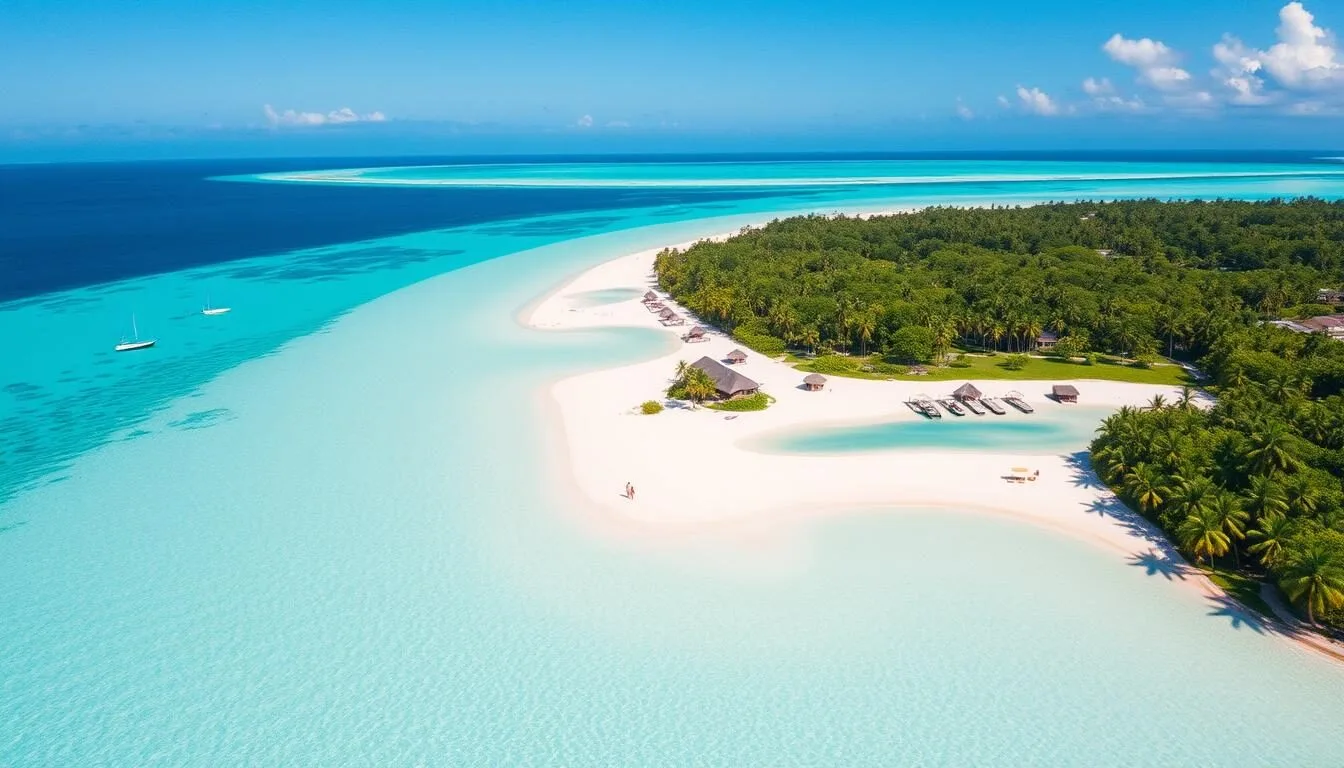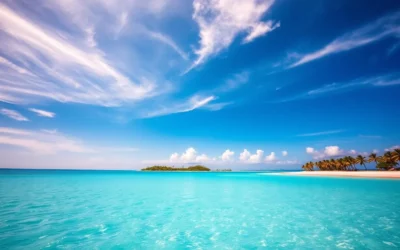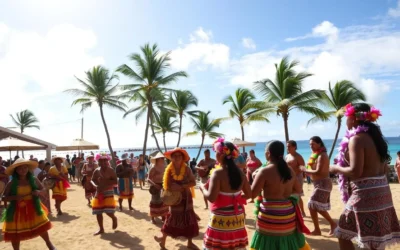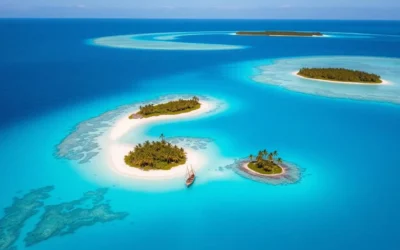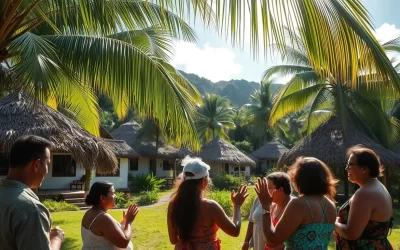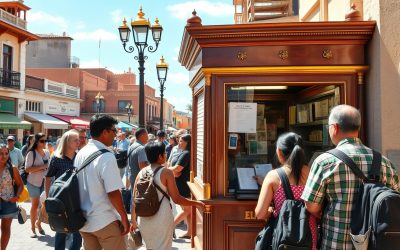✓ Accommodations✓ Flights✓ Rental Cars
Did you know that Tokelau is one of the least-visited places on Earth, with fewer than 150 tourists annually? This remote territory of New Zealand, consisting of three tropical atolls in the South Pacific, offers an authentic glimpse into traditional Polynesian life that few travelers ever experience. With no airports, limited accommodation, and a population of just 1,500 people, visiting Tokelau is a true adventure for those seeking to escape the beaten path.
Getting to Tokelau
Reaching this remote paradise requires determination and planning. There are no airports in Tokelau, making it one of the most isolated inhabited places on Earth. The only way to reach the atolls is by sea from Samoa.
The MV Mataliki, Tokelau’s dedicated passenger and cargo vessel, operates from Apia, Samoa to all three Tokelau atolls (Fakaofo, Nukunonu, and Atafu). The journey takes approximately 24-32 hours depending on weather conditions. The ship typically sails once every two weeks, so planning ahead is essential.
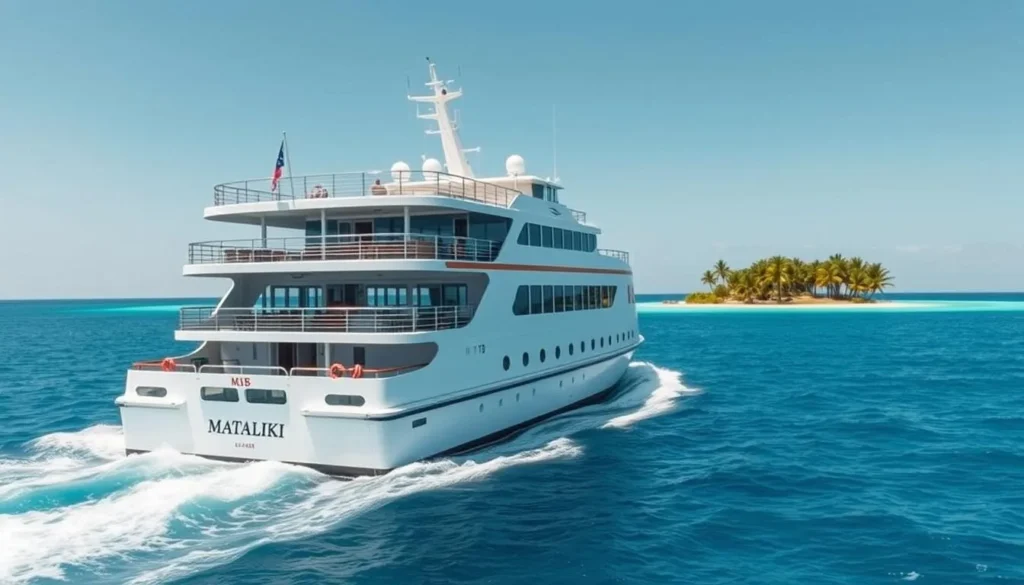
Ready to Start Your Journey?
Book your flights to Samoa as the first step of your Tokelau adventure. From there, you’ll arrange passage on the boat to Tokelau.
Important: Confirm the boat schedule before booking flights, as sailing dates can change due to weather or operational needs. Contact the Tokelau Apia Liaison Office in Samoa for the most current information.
Planning Your Journey
Careful planning is essential for a successful trip to Tokelau. As one of the world’s most remote destinations, you’ll need to prepare differently than for typical vacation spots.
Entry Requirements
As Tokelau is a territory of New Zealand, visitors need to meet New Zealand’s entry requirements. Most travelers will need a visa to enter New Zealand, though citizens of many countries can visit visa-free for short stays. You’ll also need a permit to visit Tokelau, which can be arranged through the Tokelau Apia Liaison Office.
Currency and Payments
The New Zealand Dollar (NZD) is the official currency of Tokelau. There are no ATMs or banking facilities on any of the atolls, so bring enough cash for your entire stay. Credit cards are not accepted anywhere in Tokelau.
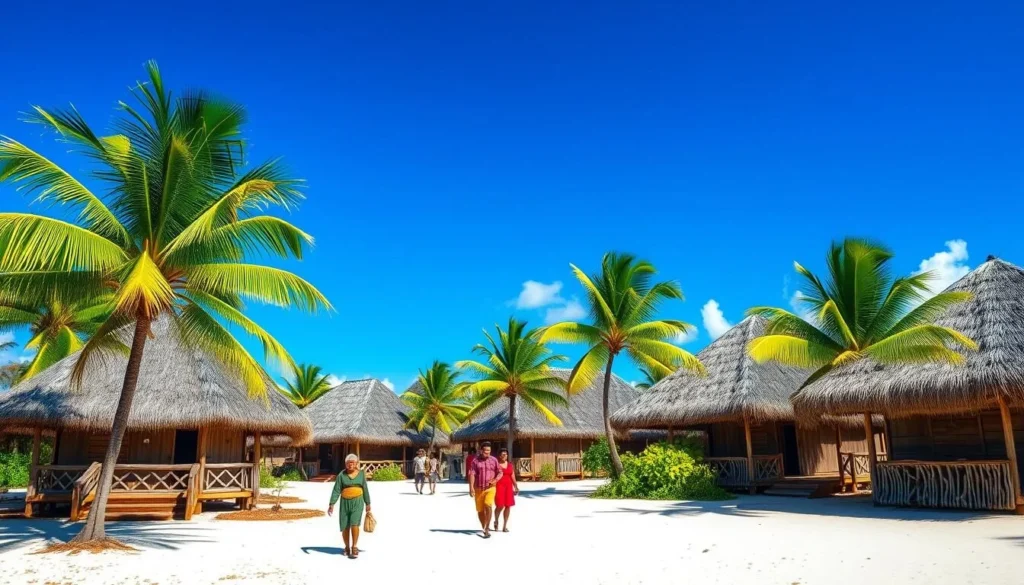
Communication
Internet access is limited and can be unreliable. There is basic mobile phone coverage, but international roaming may not work. Let family and friends know you’ll have limited connectivity during your stay.
“Visiting Tokelau is like stepping back in time. The isolation creates a pure experience that’s increasingly rare in our connected world.”
Best Time to Visit Tokelau
The best time to visit Tokelau is during the dry season from May to October. During these months, you’ll experience less rainfall, lower humidity, and calmer seas, making both the journey and your stay more comfortable.
The wet season (November to April) brings higher humidity, frequent rainfall, and occasionally rough seas. This period also coincides with the cyclone season in the South Pacific, which can disrupt travel plans.
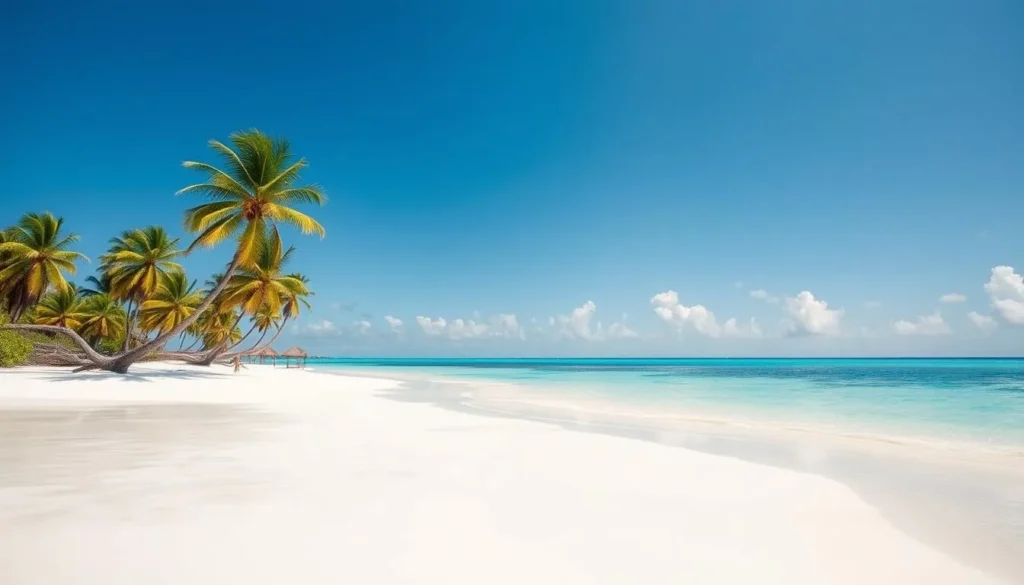
| Season | Months | Weather | Travel Conditions |
| Dry Season | May to October | Less rainfall, lower humidity | Calmer seas, more reliable boat schedule |
| Wet Season | November to April | Higher rainfall, humidity | Rougher seas, potential travel disruptions |
Getting Around Tokelau
Tokelau’s atolls are small enough to explore entirely on foot. Each atoll consists of numerous small islets surrounding a central lagoon. The main settlements are compact and walkable.
There are no cars, taxis, or public transportation on the atolls. Walking is the primary mode of getting around, so pack comfortable shoes. Small boats are used to travel between islets, and locals are usually happy to help visitors get around.
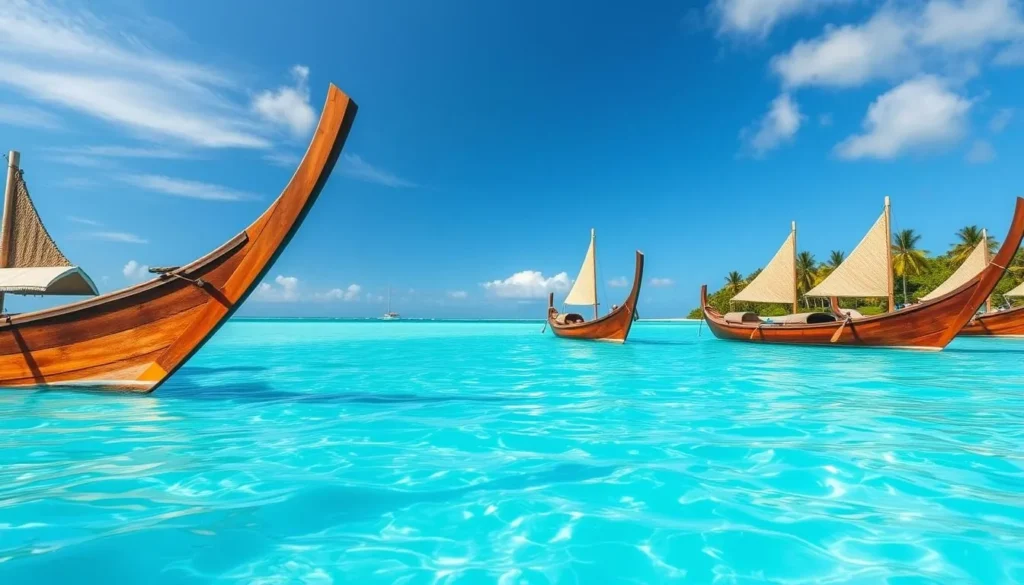
When traveling between islets, always go with locals who know the waters. The currents in the lagoons can be strong, and the coral reefs present hazards to those unfamiliar with the area.
Where to Stay in Tokelau
Accommodation options on Tokelau are limited and basic. There are no hotels or resorts. Visitors typically stay in government guesthouses or with local families in homestay arrangements. These accommodations are simple but clean and provide an authentic experience of Tokelauan life.
Stays must be arranged in advance through the Tokelau Apia Liaison Office, as you’ll need confirmed accommodation before receiving permission to visit. Expect to pay around NZD 50-100 per night for basic accommodations including meals.
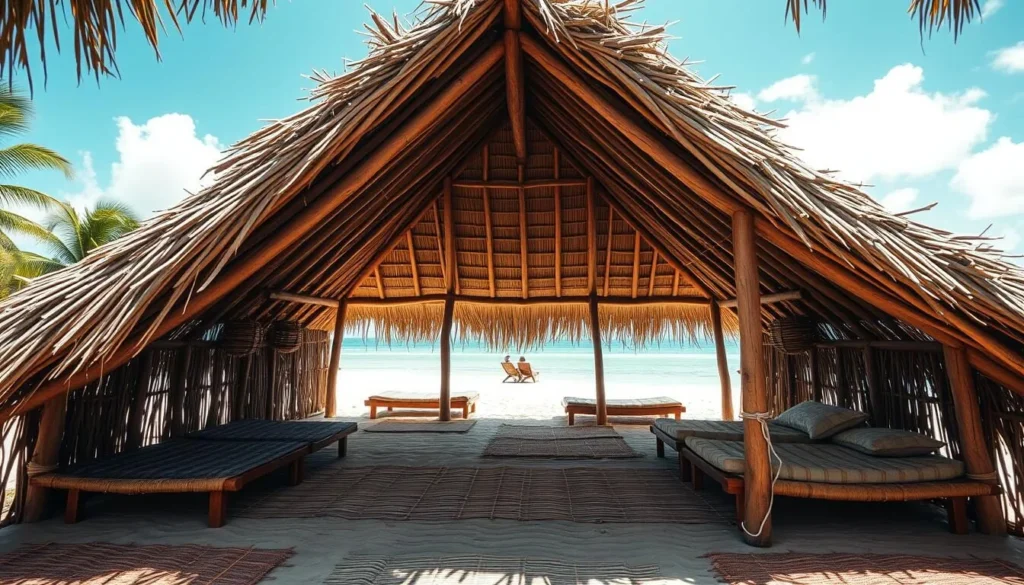
Find Your Island Accommodation
While specific Tokelau accommodations aren’t listed online, you can book your stay in Samoa before and after your Tokelau journey.
Top Things to Do in Tokelau
Despite its small size, Tokelau offers unique experiences that connect visitors with both nature and culture. Here are the best activities to enjoy during your stay:

Experience Traditional Fishing
Join locals on a traditional fishing expedition using methods passed down through generations. You might get to see or even try using a traditional tuluma (wooden fishing box) that Tokelau is famous for. These beautifully crafted boxes are used to store fishing gear and are unique to Tokelauan culture.
Explore the Lagoon
Tokelau’s lagoons are natural wonders with incredible visibility and abundant marine life. Snorkeling here offers the chance to see colorful coral formations and tropical fish in their pristine habitat. Locals can guide you to the best spots and provide equipment if you haven’t brought your own.
Ready for Adventure?
While in Samoa before or after your Tokelau trip, book exciting activities to enhance your South Pacific experience.
Explore Activities & Sightseeing
Visit Historical Sites
In the main village of Fakaofo, you’ll find a coral slab monument that personifies Tui Tokelau, a god once worshipped throughout the islands. This historical site offers insight into pre-Christian Tokelauan spiritual beliefs and practices.
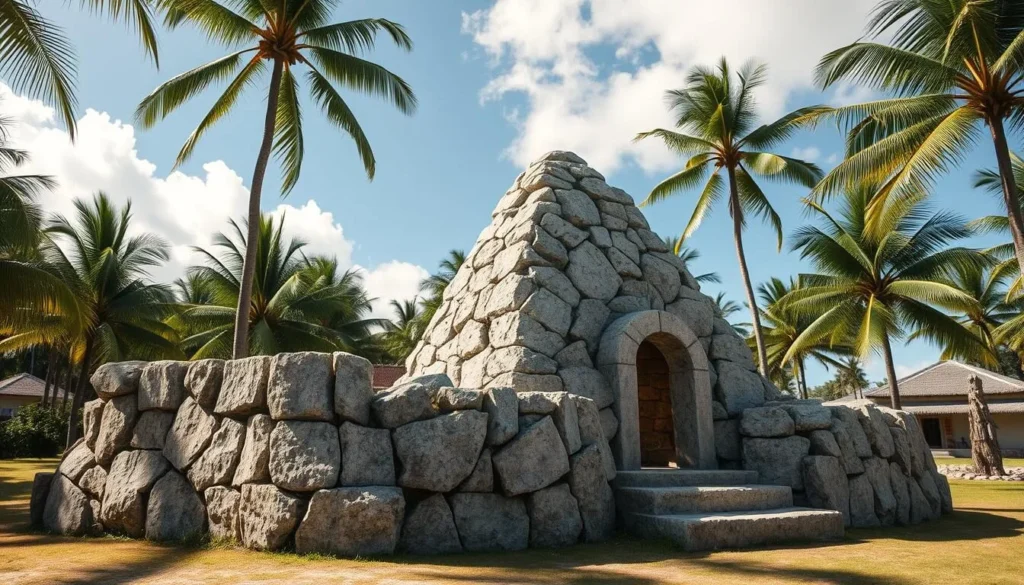
Cultural Experiences in Tokelau
Immersing yourself in Tokelauan culture is one of the most rewarding aspects of visiting this remote territory. The people of Tokelau maintain strong traditional practices and community values.
Attend a Sunday Church Service
Religion plays an important role in Tokelauan life. Attending a Sunday service offers cultural insights and the chance to hear beautiful Tokelauan hymns. Visitors are welcome, but dress modestly (shoulders and knees covered) and be respectful of local customs.

Learn Traditional Crafts
Many Tokelau residents are skilled in traditional crafts like weaving fans (ili) from pandanus leaves or creating shell jewelry. Some locals may be willing to demonstrate these techniques or even offer informal workshops where you can try your hand at these ancient art forms.
Experience the Inati System
The inati system, where resources are divided equally among families, is central to Tokelauan life and represents their communal values. If you’re fortunate, you might witness this traditional distribution system in action, particularly after community fishing expeditions.
“The strength of Tokelauan culture lies in its community. Everything is shared, from the day’s fishing catch to childcare responsibilities. It’s a way of life that has sustained these islands for centuries.”
Food and Dining in Tokelau
Tokelauan cuisine offers a delightful experience, often comprised of locally sourced ingredients that highlight the island’s flavors. There are no restaurants or cafes on Tokelau. Meals are typically provided by your host family or guesthouse.
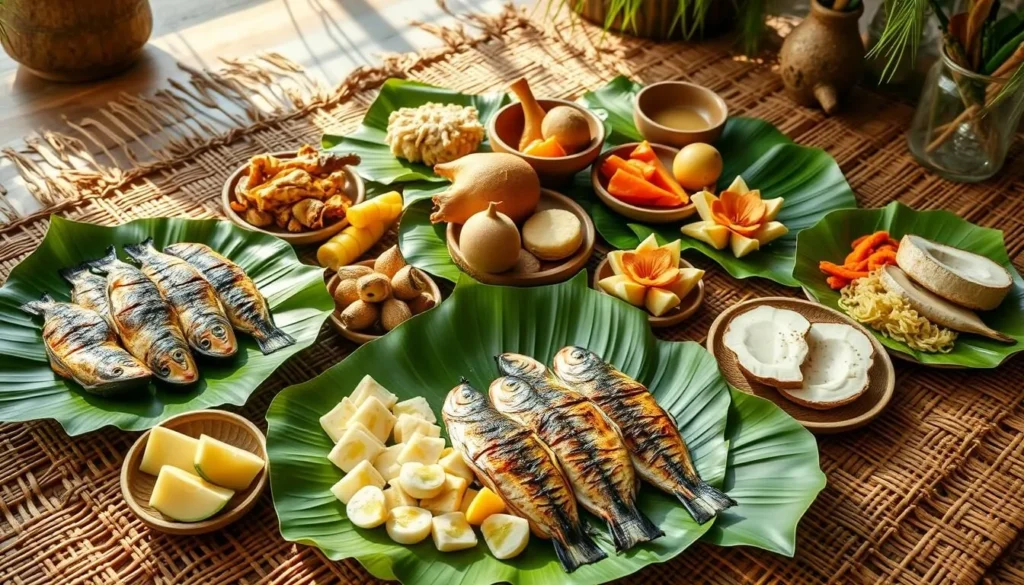
Fresh fish is a daily staple, prepared in various ways including raw with coconut cream (oka), grilled, or in stews. Breadfruit, taro, and bananas are common when in season. Most food supplies are brought by the same boat that transports passengers, so variety depends on recent deliveries.
Bring any special food items or snacks you can’t do without, as options are extremely limited. If you have dietary restrictions, communicate these clearly when arranging your stay.
Practical Tips for Visiting Tokelau
Electricity and Connectivity
Tokelau runs primarily on solar power, with diesel generators as backup. Electricity is available but may be limited during certain hours. Power outlets are the same as in New Zealand (Type I). Internet access is limited and can be unreliable, so prepare to disconnect during your stay.
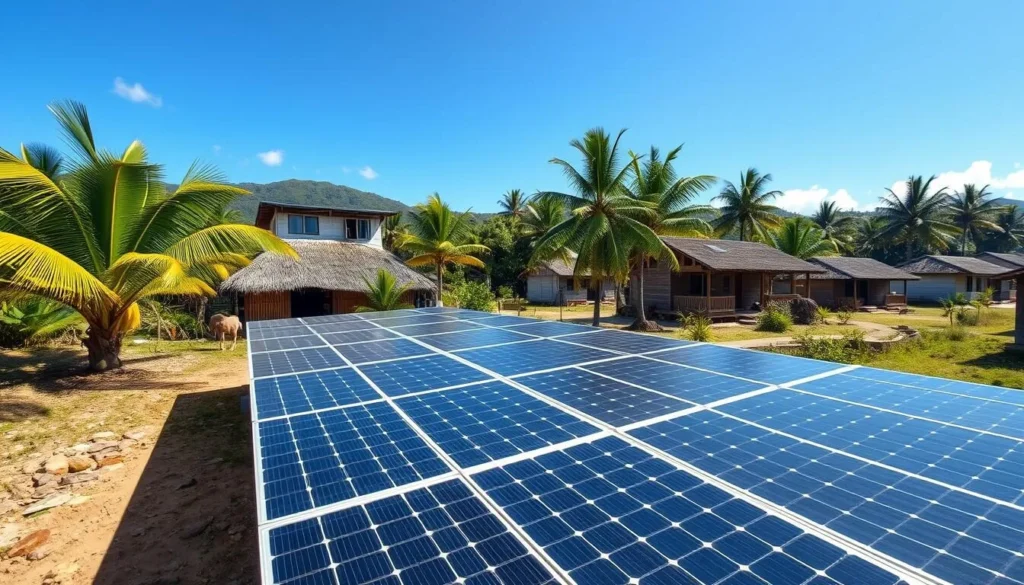
Health and Safety
There is a small clinic on each atoll with basic medical facilities, but no hospital. Bring any prescription medications you need, plus a basic first aid kit. For serious medical issues, evacuation to Samoa would be necessary, which can be difficult to arrange and expensive.
There are no dangerous land animals on Tokelau, but the sun is intense. Bring high-SPF sunscreen, a hat, and protective clothing. When swimming or snorkeling, be aware of strong currents and sharp coral.
Respect Local Customs
Tokelauan society is traditional and conservative. Dress modestly, especially when not swimming (shoulders and knees covered). Ask permission before taking photos of people or entering certain areas. Sunday is observed as a day of rest and worship, so avoid noisy activities or unnecessary work.
What should I bring to Tokelau?
Essential items include: cash in NZD (no ATMs), prescription medications, sunscreen, insect repellent, modest clothing, snorkeling gear if possible, a good book, a power bank, a flashlight, and any special food items you need.
How long should I stay in Tokelau?
Most visitors stay 1-2 weeks, which allows time to experience island life and accounts for the boat schedule. Shorter visits may not be practical given the travel time involved.
Climate Change Awareness
Tokelau is on the frontlines of climate change. Rising sea levels pose an existential threat to these low-lying atolls, with most land sitting just a few meters above sea level. During your visit, you’ll notice adaptation measures like sea walls constructed to protect settlements.
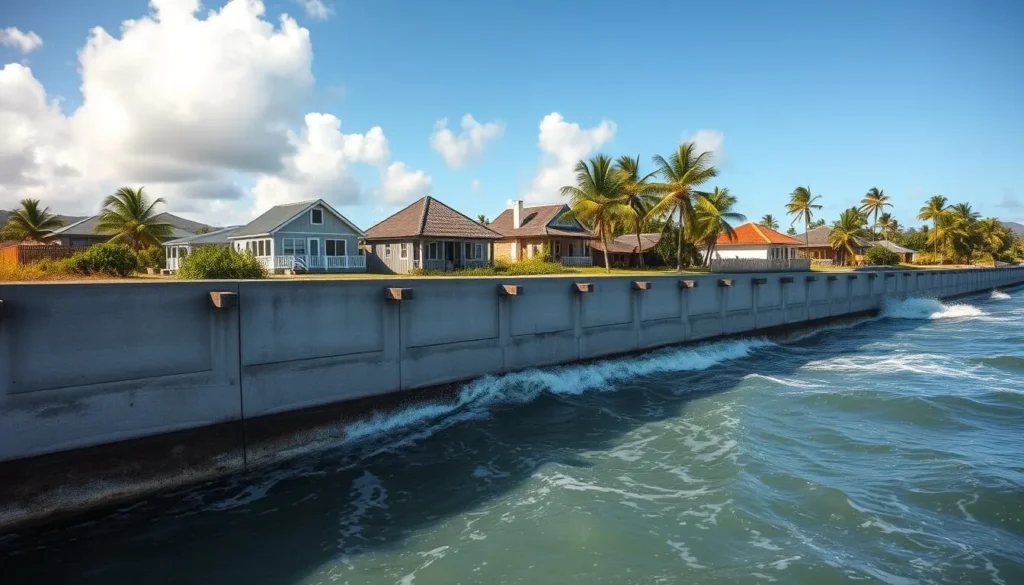
As a visitor, be mindful of your environmental impact. Water is a precious resource collected primarily from rainfall, so use it sparingly. Avoid bringing single-use plastics, as waste management is challenging on such a small atoll.
“When you visit Tokelau, you’re witnessing both a beautiful paradise and a community fighting for its future against climate change. The experience changes how you see our planet.”
Best Photo Spots in Tokelau
Capture the beauty of Tokelau with these photogenic locations across the three atolls:
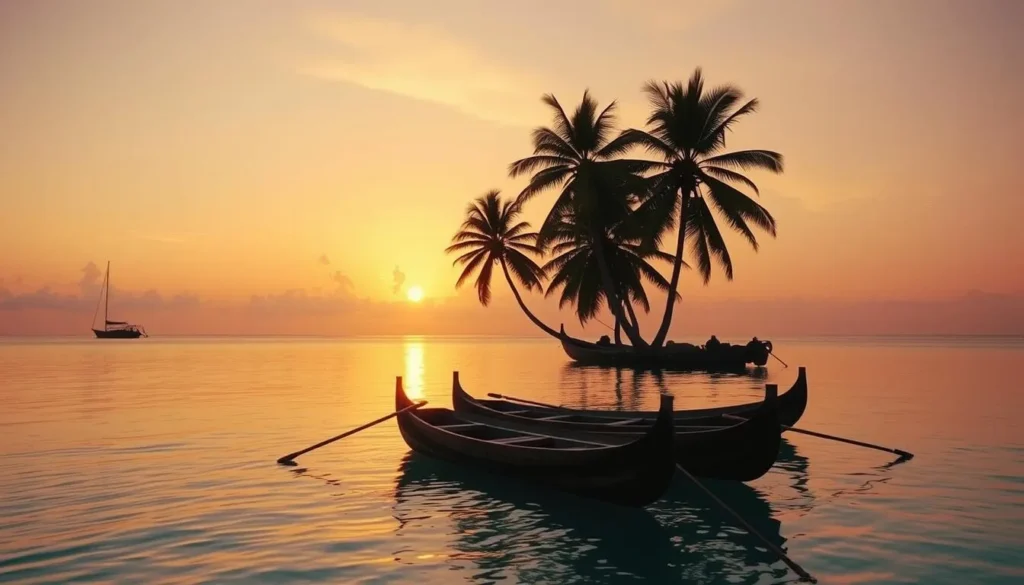
Fakaofo Atoll – Early morning for soft light and reflections
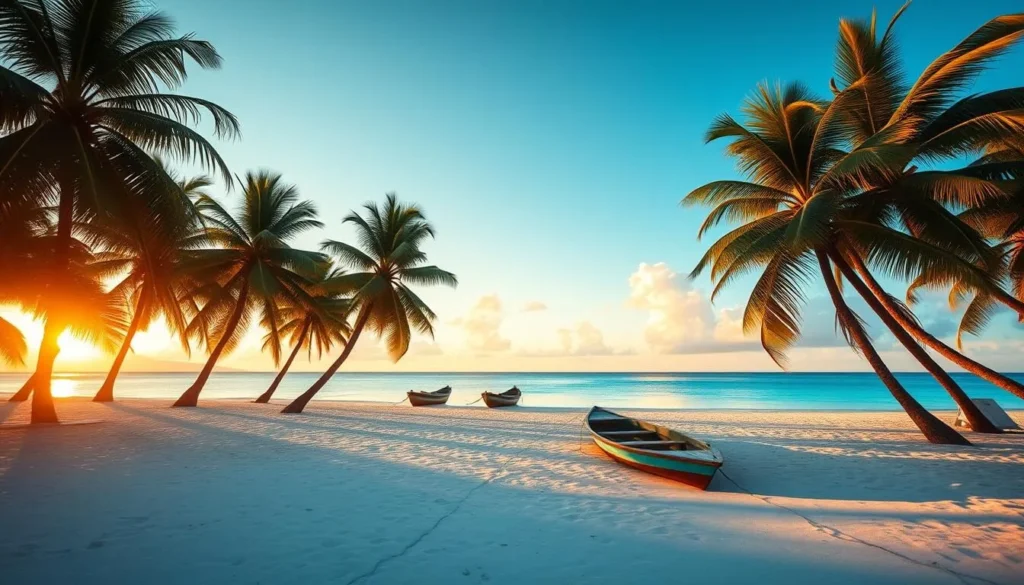
Nukunonu Atoll – Late afternoon for golden hour and vibrant colors
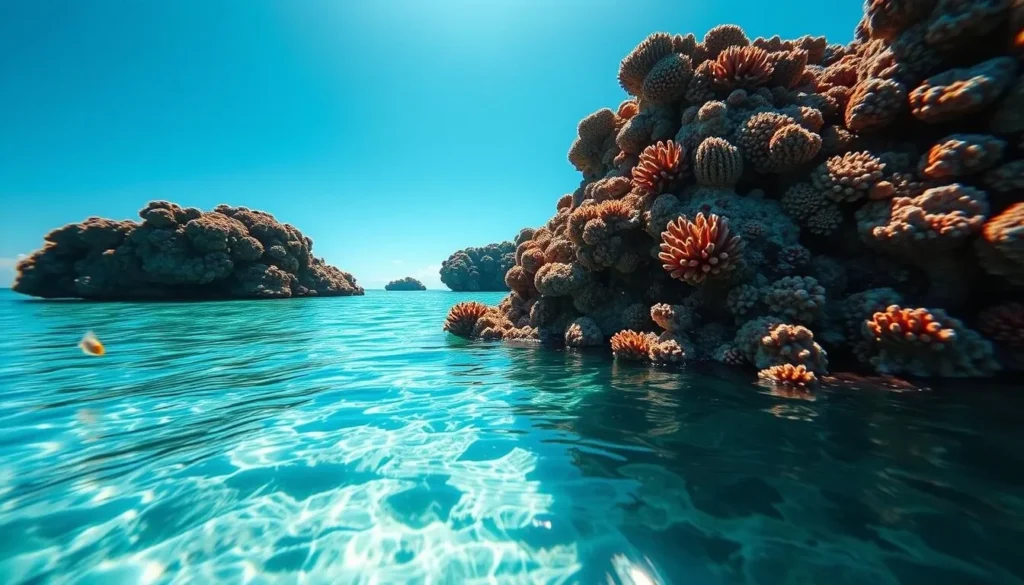
Atafu Atoll – Midday for dramatic shadows and contrasts
Ready for an Unforgettable Adventure?
Visiting Tokelau is not just a vacation—it’s an adventure that few travelers ever experience. This remote paradise offers a rare glimpse into traditional Polynesian life, pristine natural environments, and a community that has maintained its cultural identity despite the challenges of isolation and climate change.
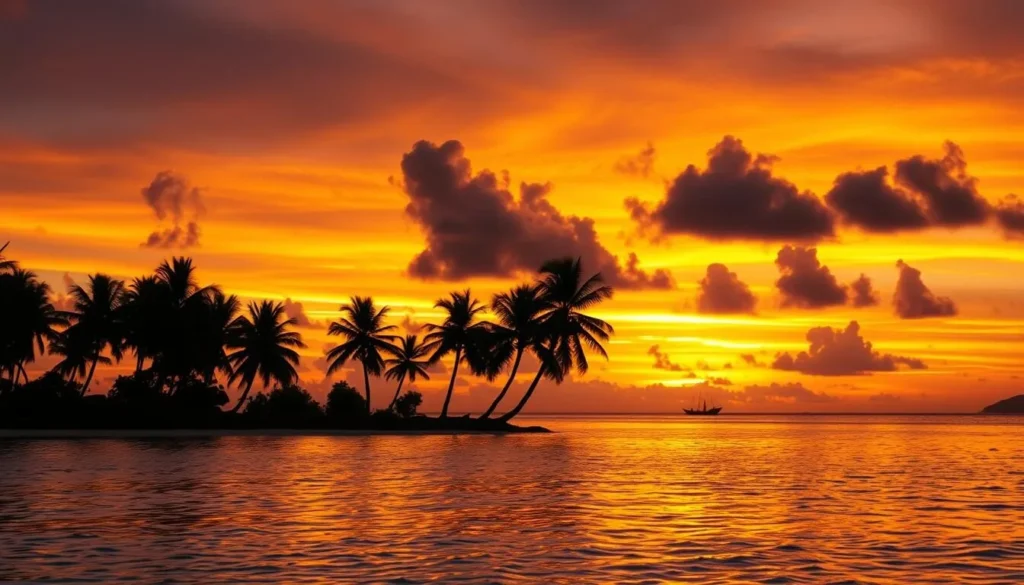
While getting there requires effort and planning, those who make the journey are rewarded with authentic experiences far removed from typical tourist destinations. You’ll return home with not just photographs, but a deeper understanding of a unique corner of our planet and the resilient people who call it home.
Begin Your Tokelau Journey
Start planning your adventure to one of the world’s most remote and fascinating destinations.
The above is subject to change.
Check back often to TRAVEL.COM for the latest travel tips and deals.
